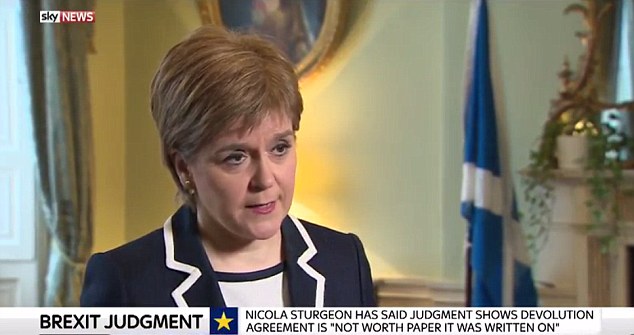This article was originally published by Niqash. Any opinions expressed are those of the author, and do not necessarily reflect the views of Iraq Business News.
Iraqi Kurdish Politicians Talk About Post-Referendum Threats And Demands
While many uncertainties remain about Iraqi Kurdistan’s referendum on independence, there is one thing that seems clear to the people on the streets: On the day, the semi-autonomous region felt united in a way that it has not been for a long time.
Part of the reason Iraqi Kurdistan has remained an oasis of relative calm and security, while the rest of Iraq fell apart during the recent security crisis caused by the extremist group known as the Islamic State and earlier, is that the Kurdish people have always considered their ethnicity more important than the religious sect they belong to.
Ethnicity has trumped religion in their case and, despite infighting, has tended to unite locals in this area, with the long-term goal being to form their own nation.
In many other situations recently, the Kurdish have been divided – often between the two zones that basically make up the semi-autonomous northern region, which are run by the two major political parties, the Kurdistan Democratic Party, or KDP, and the Patriotic Union of Kurdistan, or PUK.
Up until the very last minute some of the region’s political parties remained opposed to the referendum. The KDP, the PUK and the Kurdistan Islamic Union had supported the referendum while the Change movement, also known as Goran, and the Islamic Group of Kurdistan wanted it postponed.
Just one day before the referendum though, when it became clear it was going ahead, the Islamic Group of Kurdistan relented and senior members said they would be voting “yes” in the poll.
Even the Change movement, a long-time opposition group in the region that formed on an anti-corruption platform, told members to follow their own consciences. Then the movement also told members they should vote, and that they should vote “yes”.

